Decades after he last played the role, William Shatner’s going to become a real-life Captain Kirk… because he’s going to space… on Jeff Bezos’ rocket ship… TMZ has learned.


One of the modifications was the cupola, or giant window, that let the four astronauts have a panoramic view of space in the modified Crew Dragon craft.
The Inspiration4 crew splashed down in the Atlantic Ocean near Florida on September 18 at 23:06 UTC, bringing an end to their historic three-day mission orbiting Earth, 360 miles above the surface.
The Dragon capsule descended towards Earth on four chutes before gently landing in the water as the module floated on the surface of the Atlantic Ocean.


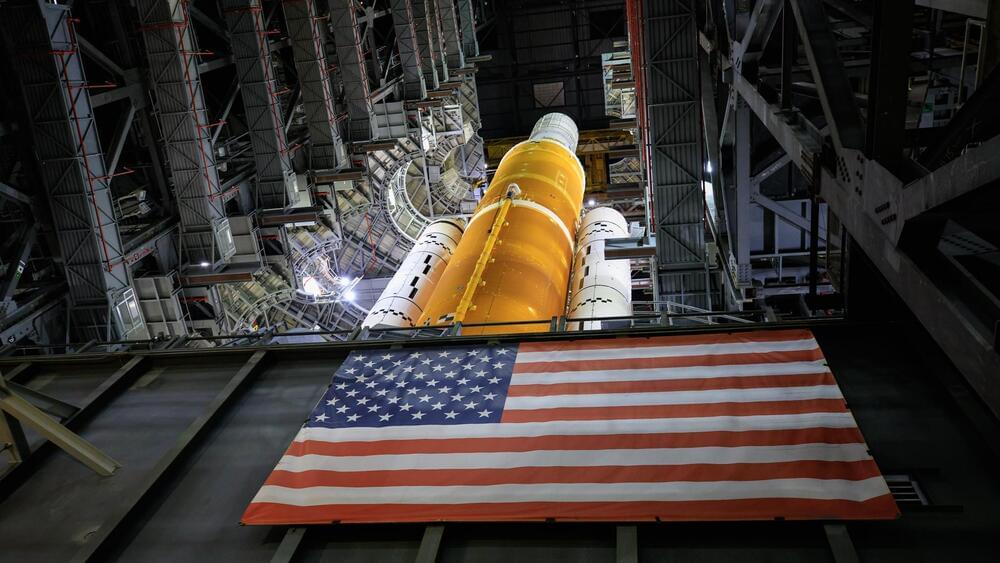
NASA’s Space Launch System (SLS) rocket completed another milestone on its way to launch with the Umbilical Release and Retract Test (URRT). The URRT was performed on the rocket on September 19 while it stood in High Bay 3 of the Vehicle Assembly Building (VAB).
During the test, the swing arms and T0 umbilicals at the base of the rocket were commanded to retract from the vehicle as they will during a standard SLS launch countdown.
The test occurred on Mobile Launcher 1 (ML-1) and allowed ground teams to verify and validate the mechanisms, timings, and function of the umbilical release and retract system that will separate and move the arms — that support data and communications pathways as well as fueling ports for the upper stage — away from the SLS rocket and against the tower at launch.
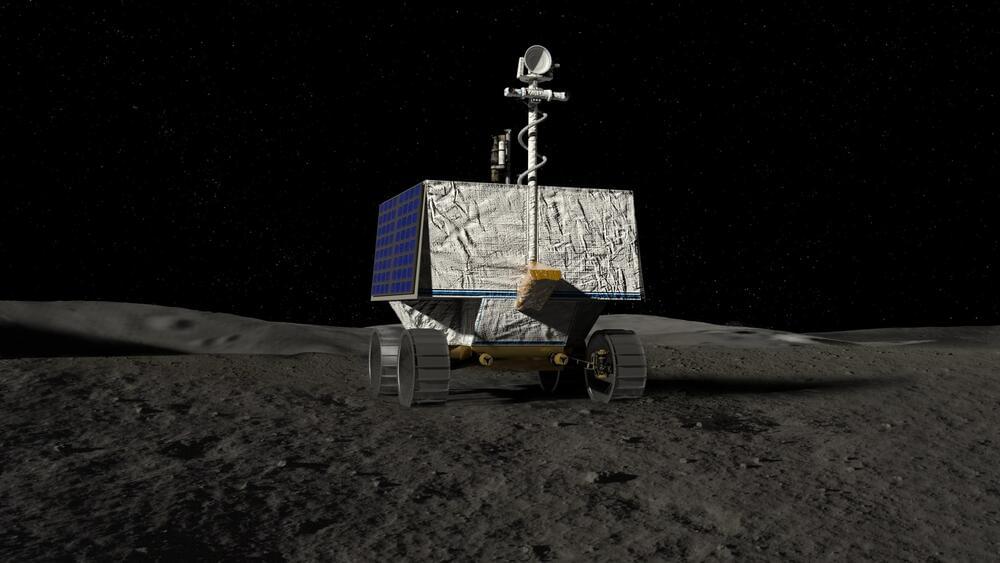
The NASA VIPER rover – a precursor mission to human landings in the south polar region of the Moon, and a mission started in 2019 under the Commercial Lunar Payload Services program – has had its landing site selected for its 2023 mission. The rover, known as the Volatiles Investigating Polar Exploration Rover, is now scheduled to land west of Nobile Crater in the lunar south polar region sometime in late 2023 after its launch aboard a SpaceX Falcon Heavy rocket.
This mission, costing $660 million, is one of several that will launch to the Moon in the next two years and is notable for being the first NASA rover to launch as a customer aboard a commercial lander.
The golf cart-sized VIPER rover will be mounted onto a Griffin lunar lander built by Astrobotic, a Pittsburgh-based company developing various lunar spacecraft that can carry payloads into lunar orbit or onto the lunar surface. After landing, VIPER will roll out onto the lunar surface with the help of a pair of ramps mounted on the lander and conduct checkouts before starting its surface mission.
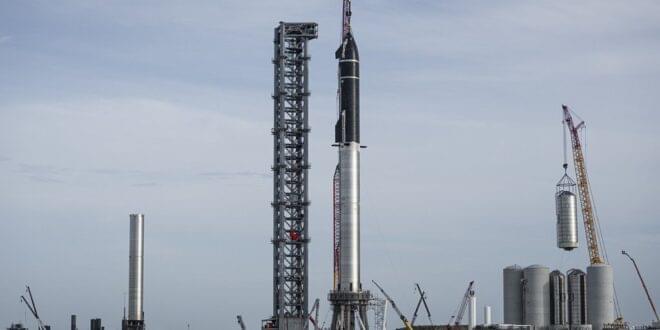
SpaceX released its plans for the Starbase facility at Boca Chica Beach, Texas, in a 152-page draft document submitted to the U.S. Federal Aviation Administration (FAA). The document is a Draft Programmatic Environmental Assessment (PEA), that evaluates the potential impacts of SpaceX operations at the beach village. It provides an elaborate overview of the company’s Starship development plans and how spaceflight activities may affect the region. The FAA is accepting public comments about SpaceX’s proposed activities at Boca Chica, information linked below.
Please add your voice to the public comments. Support is greatly appreciated!
Humanity’s future on the moon, Mars & beyond depends upon it.
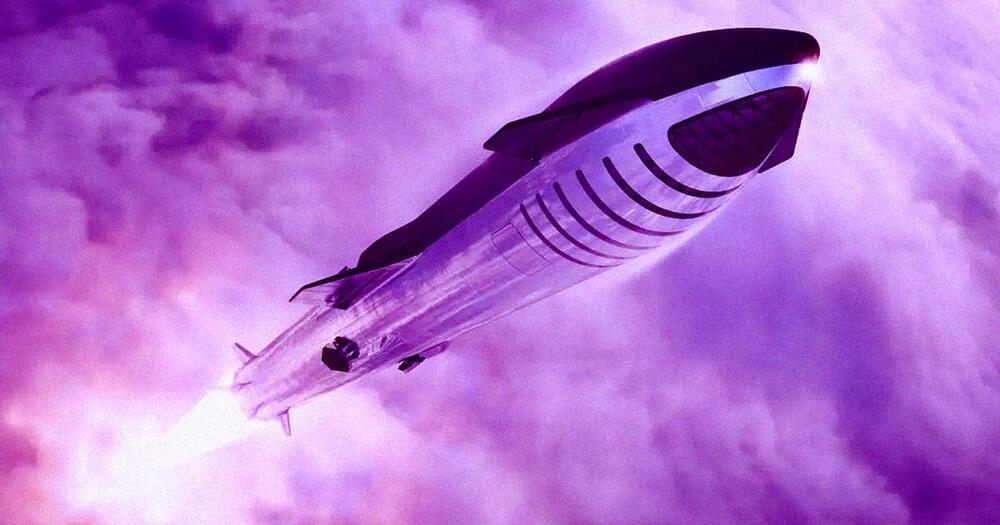
SpaceX successfully sent four space tourists on a three day joyride around the Earth inside its Crew Dragon spacecraft last week — and the mission has sent demand soaring, according to the company.
“The amount of people who are approaching us through our sales and marketing portals has actually increased significantly,” the company’s senior director of human spaceflight programs Benji Reed revealed during Saturday’s press conference, as quoted by Ars Technica. “There’s tons of interest rolling in now.”
Even more excitingly, Reed says that the company’s much, much bigger spacecraft Starship may also be destined to launch tourists, a massive upgrade that could allow significantly more passengers to embark on an extremely expensive trip to space.
Four times faster than existing chemical rockets
In the seven months NASA estimates it would take to fly humans to Mars, any number of catastrophic failures could occur. That’s why Díaz said in a 2010 interview with Popular Science that “chemical rockets are not going to get us to Mars. It’s just too long a trip.” A conventional rocket must use its entire fuel supply in a single controlled explosion during launch before propelling itself towards Mars. There is no abort procedure, the ship will not be able to change course, and if any failure occurred, mission control would have a 10-minute communications delay, meaning they could find themselves helplessly watching on as the crew slowly dies.
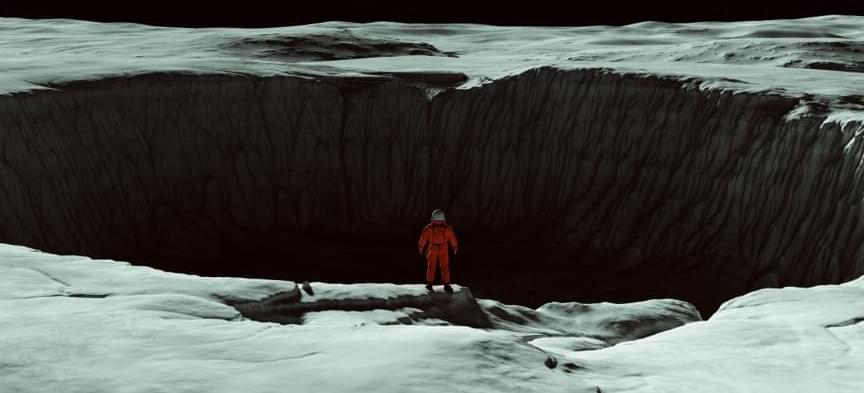
The firm is looking into how a micro-nuclear reactor could be used to propel rockets while in space at huge speeds and how that technology could then be redeployed to provide energy for drilling, processing, and storage for “Moon mining” and possibly “Mars mining.”
Dave Gordon, head of the company’s defense division, said this work is possible thanks to Jeff Bezos and Elon Musk and their respective space companies.
He added that’s Rolls-Royce is the only company on the planet that does mechanical, electrical, and nuclear and a full end-to-end lifecycle of nuclear capability. He also noted that the firm could use its experience in developing nuclear-powered submarines for the Royal Navy for 60 years to apply what it learned to spacecraft since submarines and spacecraft are somewhat similar.